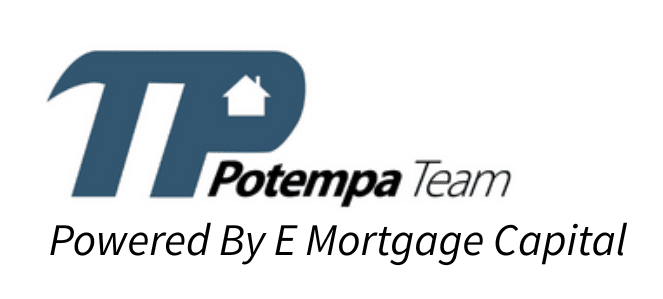Many potential homebuyers have decided to work on their credit before pursuing their dream of home ownership, and while this is a smart strategy overall, it’s not outside the realm of possibility to be able to purchase a home with bad credit. With today’s typical rental prices often higher than the average market, however, buying a home of your own has distinct advantages no matter what your credit rating. In this article, we’ll take a look at how those with poor credit may be able to buy a home, and it might not be nearly as hard as you think.
Government-Backed Loans
Because conventional mortgage lenders can set their own requirements when it comes to factors such as credit scores, there is no magic number that makes you eligible or ineligible to purchase a home. Government-backed loans such as FHA, USDA, and VA loans, on the other hand, have specific requirements regarding credit scores. The good news is that your credit score doesn’t have to be stellar in order to qualify — you can qualify for an FHA loan, for instance, with a credit score of just 580. USDA loans don’t exactly have a minimum credit score, although it’s commonly believed that you have a better chance of approval if your score is 640 or higher. VA loans don’t come with a minimum credit score either, although most lenders would prefer to see credit scores of at least 620.
Government-backed loans are attractive to both buyers and lenders for a variety of reasons. For the buyer, they typically involve low down payments, and in some cases, no down payment at all. For lenders, the government backing reduces their risk of losing money on the deal. Nonetheless, potential buyers need to keep in mind that even though the program itself may not have a minimum credit score, lender expectations may be different.
Those with credit scores of 600 or less should strongly consider applying for a VA or FHA loan. As a general rule, if your credit score is less than 580, you should work on raising it before you attempt to get financing to purchase a home from any lender.
Conventional Loans
Although conventional lenders have significant leeway when it comes to making decisions on who to lend to, conventional loans issued to those credit ratings below 600 are considered to be subprime mortgages. These types of mortgages typically include higher-than-average interest rates, bigger down payments and closing costs, and longer repayment periods. Although this approach certainly comes with risks, it may be a good option for those with a high degree of certainty that their financial future is secure. It’s important to remember, however, that credit scores are only a part of the mortgage approval process.
Because every potential homebuyer’s situation is unique, there is no one-size-fits-all answer when it comes to credit scores. Talking with an experienced real estate professional can provide you with a clearer idea of what your options are. Feel free to contact the Potempa Team today to get started on your path to home ownership.
it’s important to remmber that every situation is different





